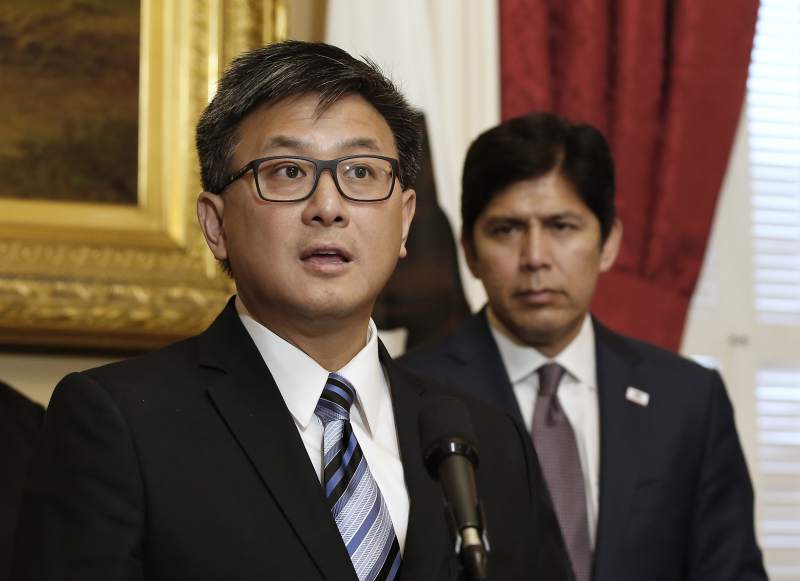A proposed law that would protect California medical cannabis patients from losing their jobs after failing a company drug test has overcome its first legislative hurdle.
The legislation sailed through its first committee hearing on April 25, but its chances for success remain uncertain. The bill, AB-2069, has reopened a political battle in Sacramento between California business groups and two of the state’s largest unions: SEIU California and the United Food and Commercial Workers.
If passed into law, the bill would prohibit employers from firing workers or job applicants who are medical marijuana patients and test positive for cannabis. The bill’s author, Oakland Assemblyman Rob Bonta, has framed the debate around civil rights, arguing that medical cannabis patients deserve the same employment privileges as those who are prescribed pharmaceutical drugs.
“This is an anti-discrimination issue,” Bonta said in an interview. “It’s very strange that medical cannabis, of all the medicines out there…is being singled out.”
Under the bill, employers would need to make “reasonable accommodations” to employees who are medical cannabis patients to help them continue working. A reasonable accommodation is a broad legal concept that means any adjustment that allows an employee to fulfill the essential duties of his or her job. California employers could still dismiss a medical cannabis patient after demonstrating that those essential duties were not fulfilled.
The protections outlined in the bill would not cover employees who came to work stoned. Bonta’s bill also fails to offer protection for recreational cannabis users.
A 2016 law that legalized cannabis in California states that employers can still deny employment to anyone who fails a drug test. But that law only considers recreational cannabis, not medical.
The right of employers to fire medical marijuana patients for failing a drug test was established in a 2008 ruling by the California Supreme Court. The new bill, AB-2069, would bypass that ruling.

FILE – In this Jan. 9, 2018, file photo Assemblyman Rob Bonta, D-Oakland, speaks during a news conference in Sacramento. (AP Photo/Rich Pedroncelli, File)
The bill is opposed by the influential California Chamber of Commerce and a long list of other business groups representing retailers, restaurants and other industries. The opposition’s primary argument is that it’s impossible to prove whether a cannabis user is impaired on the job.
They have a point. Even California law enforcement admits that drug tests cannot yet reliably detect cannabis intoxication.
Anthony Trenton, president of the Sacramento franchise of ARCpoint Labs, a national drug testing service, argues that cannabis can be detrimental to work performance days after it is ingested.
“There is no way to tell the last time that somebody used,” he said. “Even if you are using it in your off time, it still hurts the business.”
Trenton points to studies that link regular cannabis use to negative work performance such as decreased motivation. But other research suggests the question remains up for debate. A 2014 study suggests that regular use of cannabis had little effect on workplace productivity, except in cases of heavy use. Still another study showed that absenteeism rates have fallen in states that legalized medical marijuana.
Federal law poses another threat to the potential success of AB-2069. California employers could cite federal law as a reason for dismissing an employee who tests positive for cannabis, and possibly win in court.
“It would probably be the subject of challenge in California down the road,” said Robin Largent, a Sacramento employment attorney.
Laws granting employment protections to medical cannabis users have passed in 11 states. Those rights have held up to court challenges in Rhode Island, Massachusetts and Connecticut, according to The Cannifornian.
Federal employees would be exempt from the bill’s protections, as would federal contractors who receive funds in adherence with the Drug-Free Workplace Act.
Whether this bill succeeds or fails, it’s clear that California will cast a long shadow on legal cannabis’ thorny questions.










